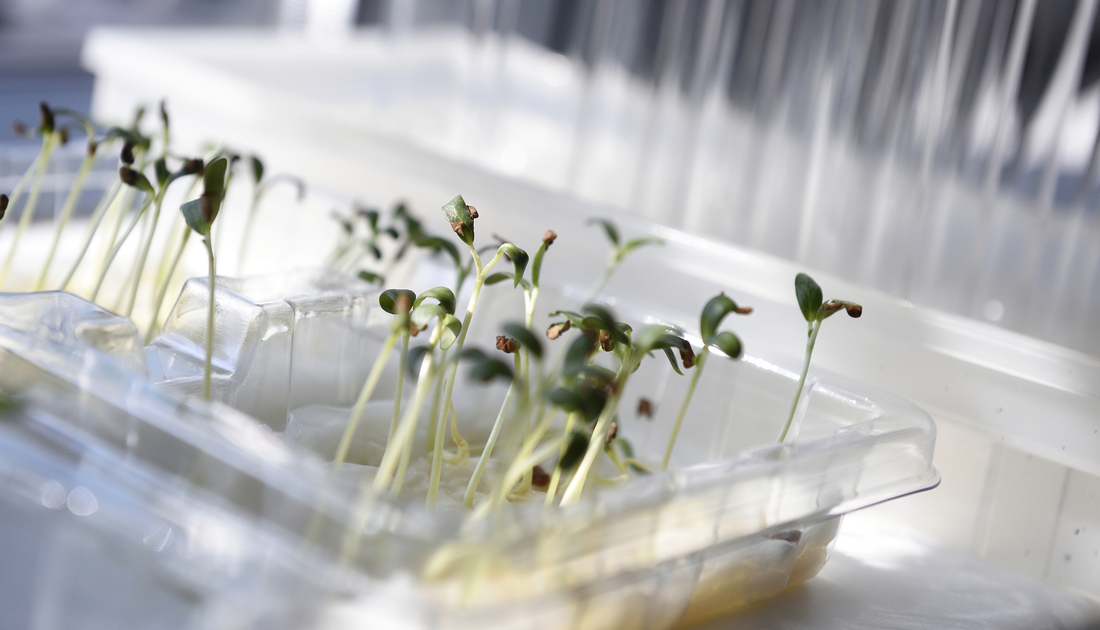Genetic markers are a versatile tool used in basic and applied plant research as well as in breeding and selection programmes. Especially for the latter, a genetic marker reflects a DNA sequence which is linked to a gene or trait of interest, and can thereby be directly used in marker-assisted selection (MAS).
By focusing on non-model plant organisms and by using transcriptomics and/or genomics, we seek to develop and characterize genetic markers that are associated to certain traits (e.g. drought resistance).
With state-of-the-art genotyping technologies we further utilize genetic markers in the frame of breeding and selection processes, for species identification (e.g. via DNA barcoding), population genetics and diversity analyses, for paternity testing, or for the proof of a sample’s origin and authenticity.
Reference projects
- EVOLTREE: stands for EVOLution of TREEs as drivers of terrestrial biodiversity and aims at linking ecology, genetics, genomics and evolution to address global issues that European forests are currently facing.
- TREES4FUTURE: aims to integrate, develop and improve major forest genetics and forestry research infrastructures.
- VIOLINCODE: seeks to decipher a violin’s origin based on genetic markers.
- BEETSTORE & FFoQSI sub-project: both projects are aiming to decipher molecular markers which are linked to the storability of sugar beet tap roots by linking transcriptomics, genomics and metabolomics.



